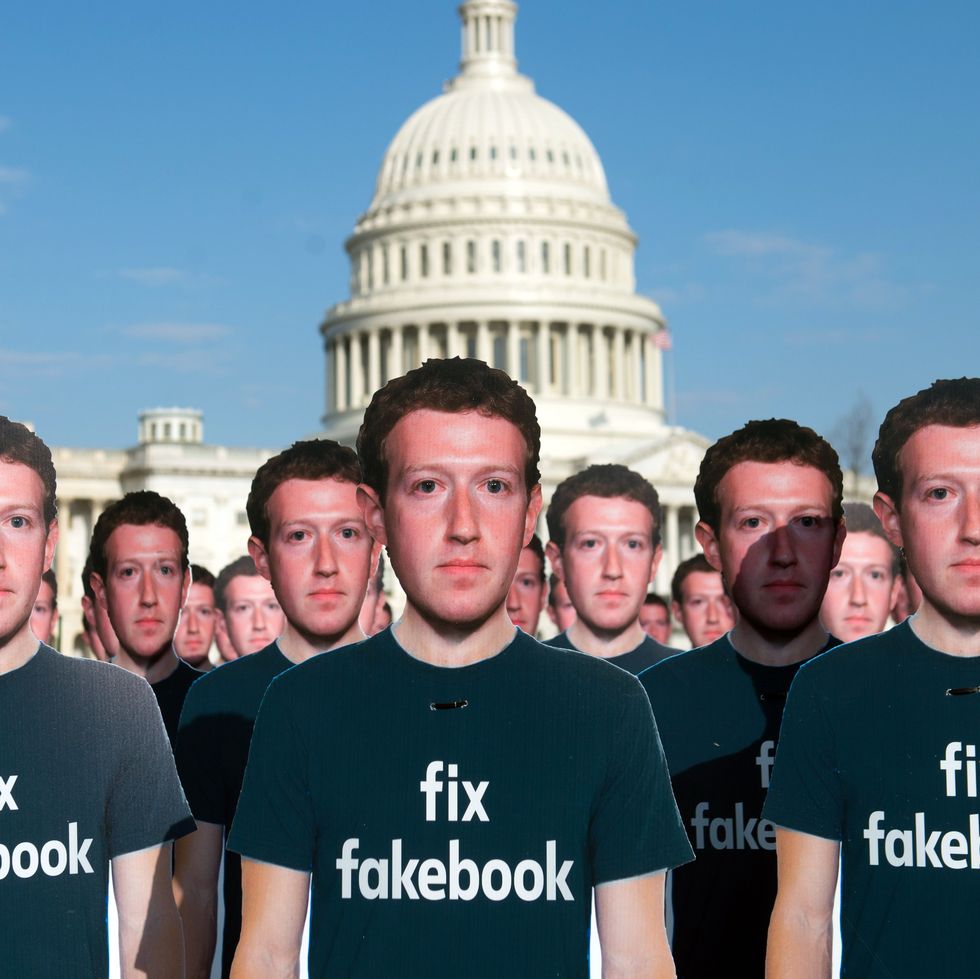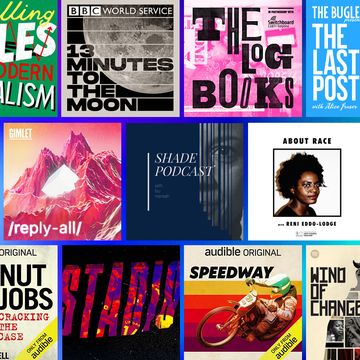Facebook is getting pummelled in the public eye. Report after report details how Zuck and the gang treated user data with negligence and shrugged off privacy concerns. We're also learning how their practices specifically targeted children and teenagers. Two reports in the past month suggest that Facebook didn't draw a line at exploiting young people for data and money, despite this being the most obvious line of all to draw for any company with an ounce of ethical reasoning.
Around 2008, teens across the county began creating Facebook profiles. They used webcams to snap photos for profile pics—before these were even dubbed "selfies"—tinging them with wacky filters before diving into a frenzied period of friending classmates. As one of those teens in the aughts, I can attest: Information security was not high on my list of concerns. There wasn't any trust that Facebook could break, because I didn't know breaking trust was an option. Today, teenagers are undoubtedly more aware of their technological surroundings—generally speaking, 51 percent of Americans are not confident social media site will protect their data, according to a 2017 Pew Research poll, and major data breaches and privacy scandals keep popping up in the news. They're undoubtedly aware there is trust to break. That hasn't protected them from Facebook's attempts to use them for their data.
On Tuesday, Tech Crunch reported that Facebook paid teenagers and adults to download a "Facebook Research" VPN that gave the company "nearly limitless" access to track everything from "private messages in social media apps, chats from in instant messaging apps—including photos/videos sent to others, emails, web searches, web browsing activity, and even ongoing location information,” a security expert explained.
People aged 13 to 35 were invited to sell their data for $20 a month, plus referral fees. Participants under 18 years old were asked to get parental permission via a form that clearly laid out the deal: "You acknowledge that the inherent nature of the project involves the tracking of personal information via your child’s use of apps. You will be compensated by Applause for your child’s participation." (Applause was one of three app-testing services Facebook used to distribute the app.)
Seemingly, the iOS Research app allowed Facebook to get around Apple's privacy policy, which prohibits such data collection. Soon after TechCrunch published its story, Facebook said less than 5 percent of app users were minors, but said it stopped distributing the app from Apple systems; Apple released a statement revoking some of Facebook's rights to the Apple App Store. The app is still running on Android.
In response, Sheryl Sandberg told CNBC’s Julia Boorstin on Wednesday that the teens had provided consent and had gotten parental permission, which is hard to verify. “This is a Facebook Research app," she said. "It’s very clear to the people who participated. It’s completely opt-in. There is a rigorous consent flow and people are compensated. It’s a market research program.”
Facebook hooked pre-teens and kids, too.
Last week, Reveal got court documents unsealed pertaining to a class-action lawsuit that accused Facebook of tricking children into spending money through games like Angry Birds, PetVille, and Ninja Saga. From 2010 to 2014, game developers were given the okay to charge money in gameplay without parental permission, and kids often paid up without realizing what they were doing. When developers inside Facebook suggested ways to protect children from what Facebook deemed "friendly fraud,"—a.k.a, unsupervised spending—Facebook did not implement their measures, the documents revealed. The average age of children playing Angry Birds was 5 years old.
"Despite the many warning signs, which continued for years, Facebook made a clear decision. It pursued a goal of increasing its revenues at the expense of children and their parents," Reveal reports.
Facebook settled the lawsuit in 2016 after a painfully slow refund process—for the children and their family's, at least. It said in a statement to Reveal that in 2016 it had "agreed to update our terms and provide dedicated resources for refund requests related to purchased made by minors on Facebook." Two senators sent Zuckerberg a letter Tuesday demanding an explanation.
Since its glory days, Facebook has been trying to keep up with each new generation of teenagers, who are finding it less and less cool. In the fall of 2018, only of 38 percent of teens reported using Facebook at least once a month, a significant decrease from previous years. In 2012, it bought the infinitely cooler Instagram app. It tried (and mostly failed) to mimic Snapchat's appeal to the younger crowds, after attempting to buy Snapchat itself. It launched Facebook Watch in 2017 to compete with YouTube, the most popular platform for the youths, but the youths barely acknowledged it.
But mostly, Facebook is trying to make money. As we speak, the company is posting record growth. It has successfully wooed our parents and grandparents, who are flocking to the platform in ever-increasing numbers. In the end, it's the same story we've been hearing for awhile: Facebook doesn't have qualms when it comes to culling money and data. As adults, we should know better. It's the kids and teens who shouldn't have to worry about it yet.

Sarah Rense is the Lifestyle Editor at Esquire, where she covers tech, food, drinks, home, and more.














